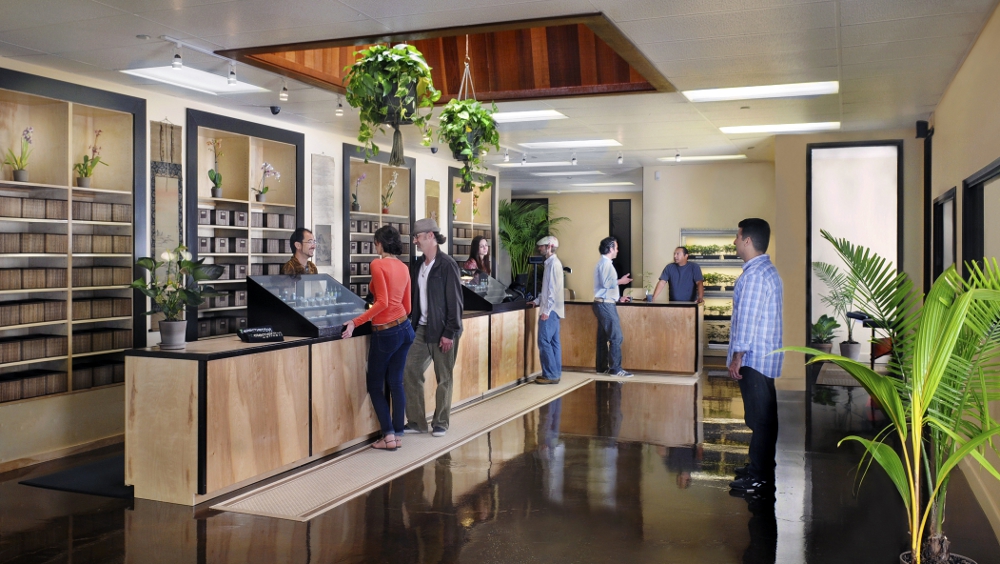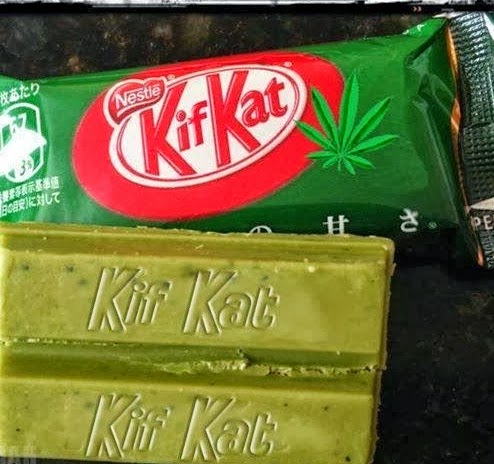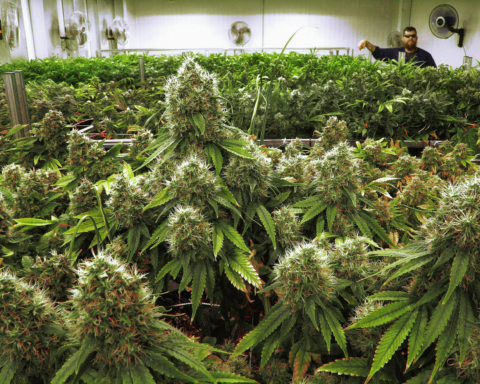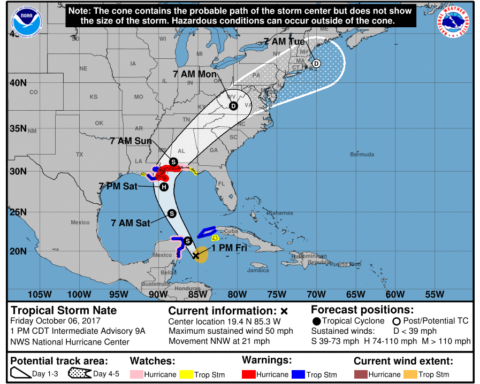Florida cities and counties are in a dilemma about pot.
State lawmakers approved regulations in June that left city and county officials with a Hobson’s choice about the sale of medical marijuana in their communities.
Local governments can either impose outright bans on medical-marijuana dispensaries or allow unlimited numbers of marijuana retail outlets, under an “all or nothing” approach approved during a special legislative session.
Dozens of cities have approved or are considering temporary moratoriums on medical-marijuana dispensaries, but it’s unknown exactly how many local governments have acted on the issue, because nobody – including state health officials – is officially keeping track.
Marijuana operators’ search for retail space has bloomed after voters overwhelmingly approved a constitutional amendment in November that legalized marijuana for a broad swath of patients with debilitating medical conditions.
The scramble for retail outlets is expected to intensify as the number of marijuana operators continues to increase, and as local governments seek ways to restrain the sales of cannabis in their communities, at least for now.
As another result of the legislation approved during the June special session, state health officials recently authorized five new medical marijuana operations, on top of the seven businesses already active in the state. Five more are supposed to come online in October.
Nearly 72 percent of voters approved the constitutional amendment last fall, making it difficult for local officials to close the door completely on the sale of medical cannabis.
But while saying they respect the will of voters, many local officials also want the power to regulate the number of dispensaries, and where the businesses can be sited, something that’s essentially off the table in the new state law, which requires local governments to treat medical marijuana distribution centers in the same way pharmacies are handled.
Most cities and counties don’t have special regulations regarding pharmacies, but instead treat them like other retail, or “light commercial,” businesses.
While some communities contemplate new zoning rules for pharmacies, a move that also could curb the development of marijuana dispensaries, others are focused on the cannabis retail outlets.
For example, St. Augustine Beach commissioners last week approved a moratorium barring medical-marijuana dispensaries from opening in the waterfront community.
“I think the main reason was just wanting to see how the situation is going to shake out and what sort of problems might occur with the sales of this stuff. There was no particular anxiety over it, but I think it’s a fear of the unknown,” said Jim Wilson, a lawyer who represents the city. “We’re a small community, and we’d rather see how this works elsewhere before we connect into it. It may work out fine later on.”
But Sen. Rob Bradley, who has been a key player in the creation and passage of the state’s medical-marijuana laws the past three years, said the new regulations were meant to encourage competition in the state’s burgeoning marijuana industry.
“I would encourage our local partners to see the bigger picture here. We are bringing online several new licenses over the next year-and-a-half. It’s important for the long-term future of the medical marijuana industry that we have real competition among not only the incumbents but the new license holders,” Bradley, a Fleming Island Republican and former prosecutor, said in a recent interview. “If local governments were allowed at this point in time to restrict in their communities the number of dispensaries to only one or two or three, that would provide an unacceptable advantage to the incumbents.”
Regarding local officials’ fears about what are disparagingly known as “pot shops,” Bradley said he thinks they may be uninformed.
“When I see some of the comments from local officials, I’m not sure that they’ve read the details of the law. We have strict limitations on advertising and signage, and all of these dispensaries are required to have a doctor’s office feel,” he said.
The new restrictions imposed by the Legislature, paired with a push by marijuana operators to open retail facilities, create “an awkward situation for a lot of cities,” said John Wayne Smith, a lobbyist who represents numerous cities and counties as well as the Florida League of Cities and the Florida Association of Counties.
While local governments are largely focused on budget issues during the summer, they may turn their attention to medical marijuana later in the year, Smith predicted.
Others may wait for the Legislature to revamp the state law.
“I would say that it’s probably half-baked and this is probably an issue that is going to evolve and get tweaked over the next five to 10 years,” Smith said.
But the passage of the state-imposed prohibition on local governments’ ability to limit the number of retail outlets poses a problem for cities like Lake Worth, which authorized two medical marijuana dispensaries before approving a moratorium aimed at preventing others from opening.
It’s unclear, however, whether the new state law will require the city to open its doors to more dispensaries, an issue on which municipal lawyers are divided.
“By doing a nothing or all, and because we already have two, this is what you’ve done to my city. Everyone around me has a moratorium, but you’ve now told my city it’s a free-for-all,” Lake Worth City Commissioner Andy Amoroso told The News Service of Florida.
Amoroso stressed that he supports legalization of recreational marijuana and endorses the use of medical marijuana for sick patients. But he also emphasized that the state law “jeopardizes what our cities look like.”
Lake Worth is surrounded by other communities that have banned the sales of medical marijuana, meaning that retailers will likely target his city, Amoroso maintained.
Lake Worth officials need “to be able to control” what their 7-square-mile city “looks like,” Amoroso said.
“If I have medical marijuana on every corner, I can’t do that,” he said.
But Orlando city attorney Kyle Shephard said he believes a moratorium recently passed by his commission will allow the city to stop any more medical-marijuana retail shops from opening.
“Every city attorney may answer this differently, depending on their own local situation,” Shepard told the News Service.
Orlando adopted its ordinance allowing up to seven medical marijuana dispensaries before the state law (SB 8-A) was passed, Shepard said. The city believes that means its ordinance won’t be affected by the new law.
“If you didn’t get your rules on the books before SB 8 went into effect at the end of June, then you are sort of hamstrung,” Shepard said.
Orange Park council members recently advanced an ordinance that would prohibit pharmacies from opening in “light” commercial areas – something that wouldn’t affect any of the drug stores currently in operation, according to Mayor Scott Land.
The town council approved the new regulation in response to the state law, which the mayor called “an all or nothing, almost.”
“So instead of doing the all, a lot of people are going to probably choose the nothing,” he said. “I think it’s going to make it difficult for the dispensaries.”
Republished with permission of the News Service of Florida.









